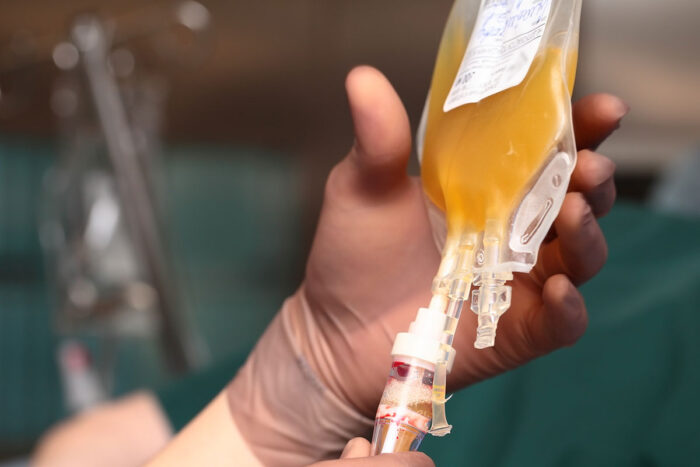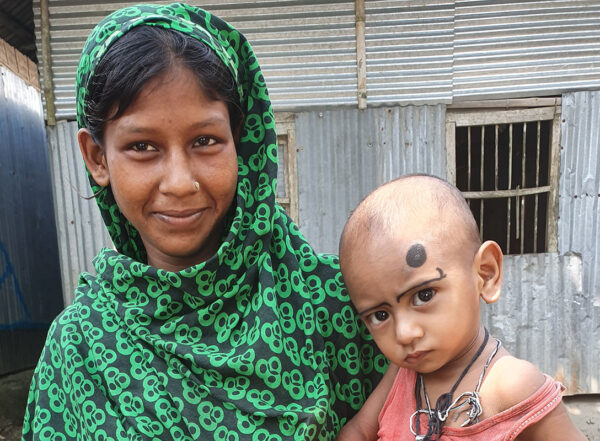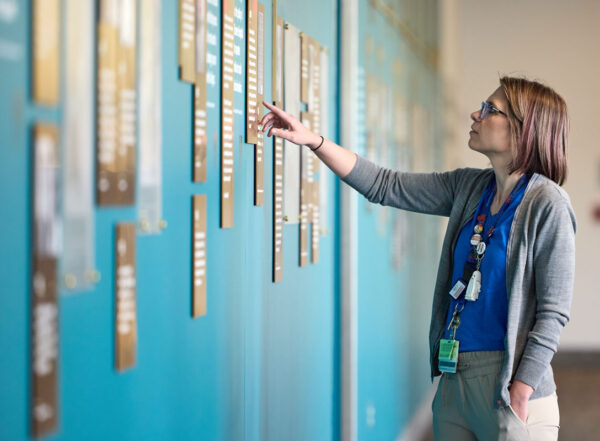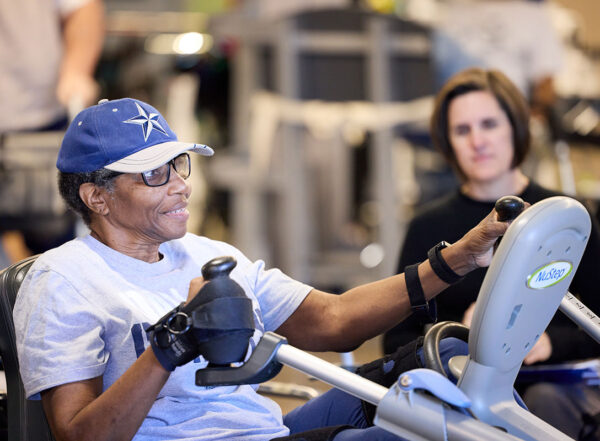COVID-19 survivors needed to donate blood plasma
Plasma transfusion program launched at Washington University, Barnes-Jewish Hospital
 Getty Images
Getty ImagesCOVID-19 survivors are needed to donate blood plasma. Infectious diseases physicians at Washington University School of Medicine in St. Louis have developed an expanded access program to give blood plasma from COVID-19 survivors to critically ill patients.
Infectious diseases physicians at Washington University School of Medicine in St. Louis have developed an expanded access program to give blood plasma from COVID-19 survivors to critically ill patients at Barnes-Jewish Hospital in St. Louis.
Led by principal investigator Rachel Presti, MD, PhD, an associate professor of medicine, a team of researchers began enrolling potential donors last week. The team also includes Jeffrey P. Henderson, MD, PhD, an associate professor of medicine and of molecular microbiology, Brenda J. Grossman, MD, a professor of pathology and immunology and of medicine, and Derek E. Byers, MD, PhD, an associate professor of medicine.
“The response from the community has been extraordinary,” Presti said. “In the first two days we received emails from 50 people who wanted to donate, and that was before we had even begun publicizing our contact information. So many people want to help fight this pandemic any way they can.”
People who have recovered from COVID-19 have antibodies in their blood that target the virus. Transfusing plasma – the liquid part of blood – from survivors into people currently ill with COVID-19 may treat the infection. The approach has been used with some success against viral illnesses such as polio, influenza and SARS, the latter of which is caused by a virus closely related to the one that causes COVID-19.
The Food and Drug Administration (FDA) announced in March that it would facilitate access to plasma from COVID-19 survivors for critically ill patients while clinical trials are underway. The FDA’s decision was prompted by an application to use plasma for COVID-19 patients that was filed by Arturo Casadevall, MD, PhD, of Johns Hopkins Bloomberg School of Public Health, in collaboration with Henderson and colleagues at the Mayo Clinic. The plasma is being made available under so-called “compassionate use” guidelines, which allow the use of unproven therapies as last-ditch attempts to save lives.
Potential donors will come to the Washington University Medical Campus, where their noses will be swabbed and their blood will be drawn and tested for antibody levels. Volunteers who have detectable antibody levels and meet other criteria to donate plasma for clinical use then will make the donations at their local blood banks, coordinated by the Red Cross. Plasma donations will be given to COVID-19 patients in intensive care at Barnes-Jewish Hospital or other sites where doctors believe they could benefit from the experimental therapy.
“Plasma transfusion is not without risk but is generally well-tolerated,” Henderson said. “There’s a 1% to 2% chance of transfusion reactions, most of which are mild. The potential benefit may outweigh that risk when someone is critically ill. We’re actively discussing the benefits and risks of giving plasma to less sick patients, but at this time we are only planning to provide it as a treatment option for hospitalized patients.”
A few tubes of blood from each donor also will be sent to research labs so investigators can analyze the immune response to the COVID-19 virus and potentially develop new tests and treatments for the disease.
People who wish to participate must have had a positive COVID-19 test while sick. Those who were re-tested after recovery must be symptom-free for at least 14 days after the negative test result. Those who were not retested must have had no symptoms for at least 28 days. To participate, email the study organizers at IDCRU@wustl.edu.







